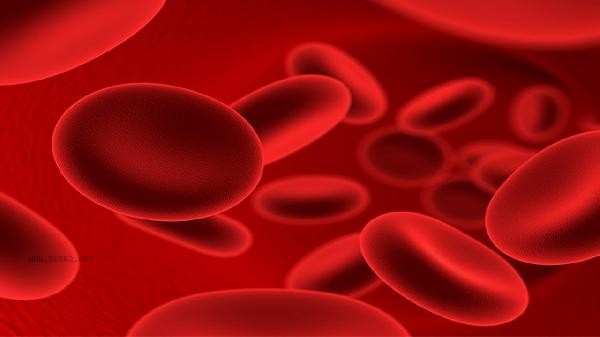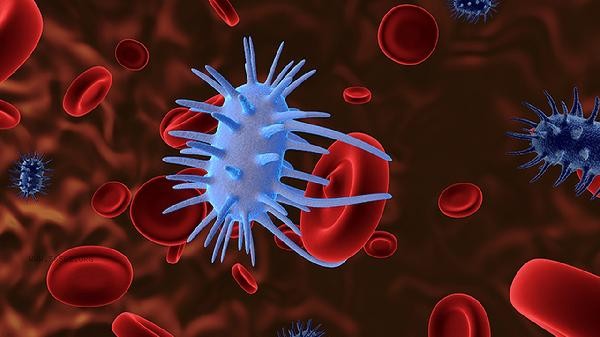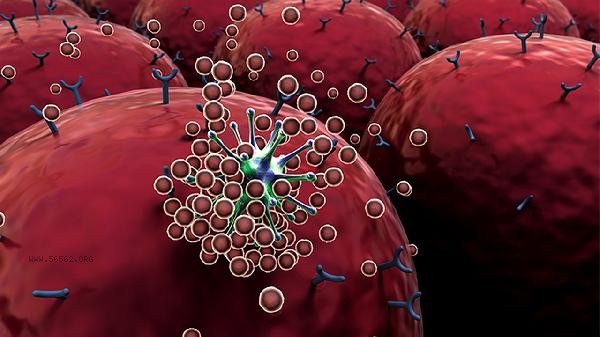The high erythrocyte sedimentation rate may be caused by infectious diseases, rheumatic immune disease, anemia, malignant tumor, tuberculosis and other reasons, and targeted treatment should be combined with other examinations to determine the cause.

1. infectious diseases:
Bacterial or viral infection will stimulate the body to produce inflammatory reaction, which will lead to the increase of acute phase proteins such as fibrinogen, and promote the aggregation and accelerated sedimentation of red blood cells. Commonly seen in pneumonia, urinary tract infections, etc., blood routine and C-reactive protein tests are required. After infection control, the indicators can gradually return to normal. 2. Rheumatoid immune diseases: Rheumatoid arthritis, systemic lupus erythematosus, and other diseases can produce a large amount of immune complexes and inflammatory factors, which can alter blood viscosity. These patients often have symptoms such as joint swelling and pain, morning stiffness, etc. It is necessary to improve self antibody testing, and treatment with immunosuppressants can improve symptoms.
3. Anemia: When hemoglobin decreases, the stability of blood suspension decreases, and red blood cells are more likely to stack and settle. Patients with iron deficiency anemia may experience fatigue and pale complexion, requiring iron supplementation; Hemolytic anemia requires investigation of causes such as G6PD deficiency, and severe cases require blood transfusion treatment.
4. Malignant tumors:
Abnormal substances secreted by tumor cells can alter plasma composition, and blood tumors such as multiple myeloma can directly affect red blood cells. When accompanied by symptoms such as weight loss and persistent low-grade fever, further examinations such as tumor marker screening and bone marrow puncture are necessary.

5. tuberculosis:
Mycobacterium tuberculosis infection causes chronic inflammatory reaction, leading to increased gamma globulin. Patients with active pulmonary tuberculosis often have cough and night sweats, which need to be diagnosed through sputum culture and chest CT. Standardized anti tuberculosis treatment can gradually recover after 6-9 months. When the erythrocyte sedimentation rate increases, it is recommended to avoid vigorous exercise and ensure high-quality protein and vitamin intake. Anemic patients can increase iron rich foods such as animal liver and spinach appropriately. Regularly review blood routine and inflammatory indicators. If there are persistent abnormalities or other symptoms, timely in-depth examinations such as rheumatism immune screening and tumor marker testing should be conducted. physiological elevation may occur during menstruation and pregnancy in women, and it is recommended to avoid re examination during these periods.










Comments (0)
Leave a Comment
No comments yet
Be the first to share your thoughts!